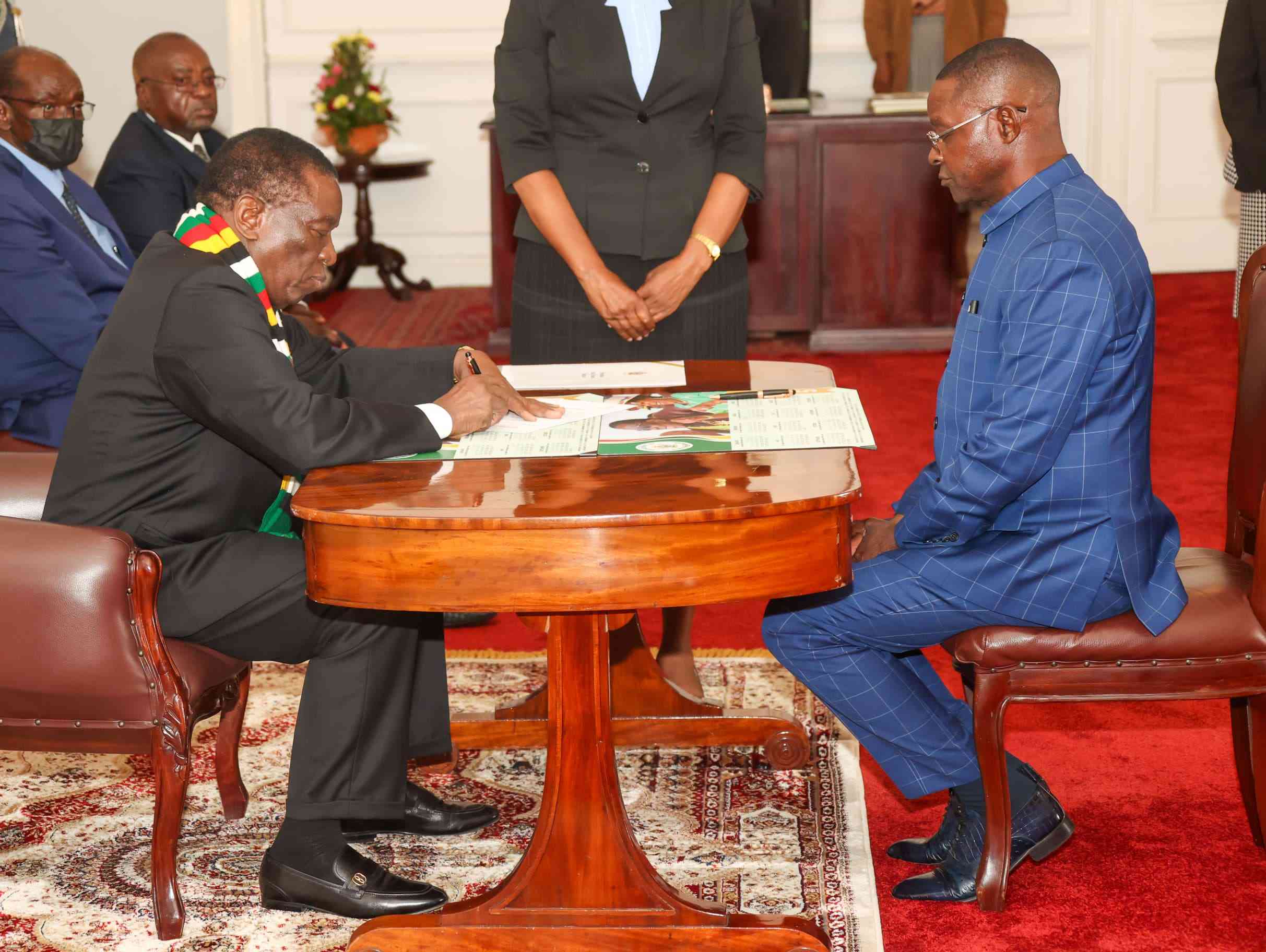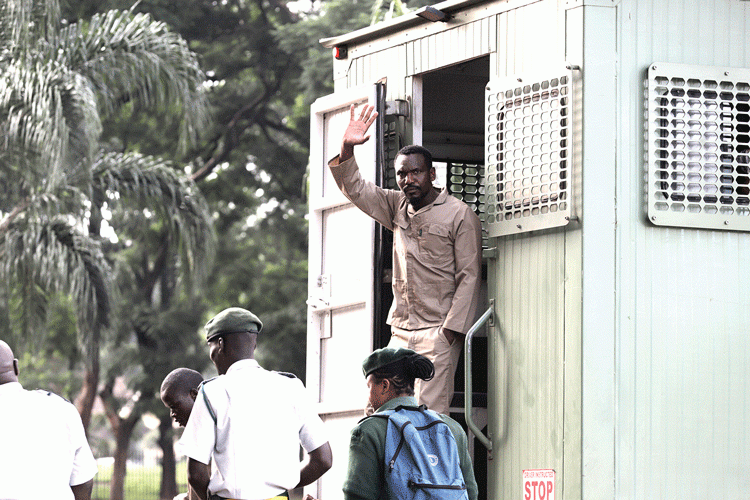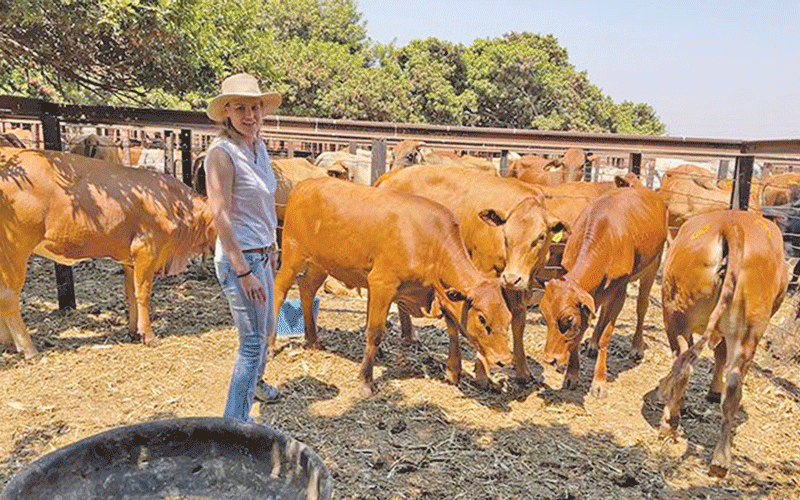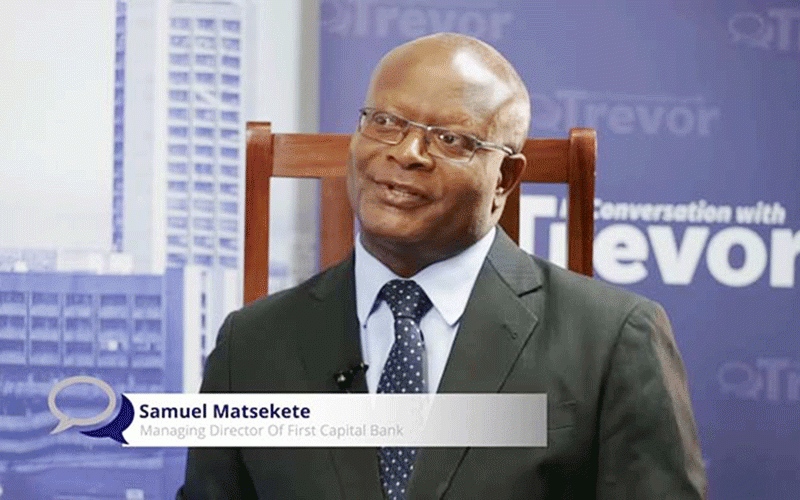MARKET watchers have raised concerns over currency fluctuations in the country saying it was making long-term product pricing challenging.
This comes as the country’s economy has been marred by hyperinflation which prompted currency changes from the Zimbabwean dollar, real time gross settlement (RTGS), bond notes to the now Zimbabwe Gold (ZiG).
Cabinet recently approved a de-dollarisation plan which would make the ZiG a sole legal tender in future. According to the central bank, the ZiG accounts for 40% of total transactions, up from 20% when the currency debuted in April.
Actuarial society of Zimbabwe president, Prosper Matiashe, noted that the currency changeovers have resulted in the loss of value for individuals and businesses.
"Over the last two decades, Zimbabwe has experienced various currency forms, including the rebasing of currency in 2008-2009, dollarisation in 2009, the 1:1 conversion in 2019, and the introduction of the ZiG in April this year. These changes have resulted in value loss for individuals and businesses,” he said.
Matiashe said government needed to consider the lessons that have been learnt throughout the currency changeover processes if it needed to continue with the de-dollarisation plan.
Keep Reading
- Zim mulls categorising black market as money laundering
- Govt threatens to sanction businesses
- Letter to my people: Of Mnangagwa’s empty Sona and ZiG delusions
“Regarding the future currency, it is essential to understand who determines its usage. The government promulgates legislation, but businesses and the public ultimately decide the actual usage. Zimbabwe's economy is split between the formal and informal sectors, with the latter estimated to be worth $8-10 billion. The formal sector's deposits in the banking sector total around $2,4-2,5 billion,” he said.
“Why is this important? It's important to learn from our lessons from the past, in that if it was not so problematic to change currency, it means that even in the future, even if the government decides tomorrow that it wants to change from the US dollar to ZiG, it is going to be easy.”
Economist Brains Muchemwa said the industry must consider regulatory changes and lobby for policies that support investment and crisis preparedness.
“The country's history of currency reforms has presented challenges in pricing for businesses. For instance, a kilogramme of meat that cost between US$6 and US$7 in April and May now sells for US$13 to US$15, a 100% increase. However, this increase is not entirely due to US dollar inflation. Instead, it is largely driven by the parallel market premium and the need for businesses to maintain profitability,” he said.
“Some individuals and businesses have benefited from hyperinflation and currency reforms over the years. For example, those who purchased houses using mortgages in the early 2000s had paid off their debts by the end of 2009. Moving forward, the industry must consider regulatory changes and lobby for policies that support investment and crisis preparedness.”
He said the de-dollarisation plan by government needed careful consideration of the factors influencing currency usage and stability.
“The government has approved a de-dollarisation plan, aiming to transition to the ZWL as the primary currency. However, the timeline and definition of the ‘future’ remain uncertain. A strong economy is envisioned, but achieving this goal requires careful consideration of the factors influencing currency usage and stability,” he said.
“I am going to talk about the use of currency, who determines the use of currency — is it the government or is it the public and business? Considering the dichotomous nature of our economy, whereby the informal sector is much bigger than the formal sector, it's less likely that we’re going to eliminate the US dollar, in as much as public policy would say we will no longer have the US dollar.”
Corporate and investment banker Robert Mugonera said the changeover from US dollars to local currency is not going to be easy considering the country’s history on conversion.
“I guess you understand now the challenges that it presented to the industry, particularly the pension and insurance industry, regarding the conversion process, which eventually led to the formation of the appointment of the commission of inquiry that looked at the loss of value in the industry,” he said.
“So, from those lessons, what is quite clear is that it is not going to be easy for the government of Zimbabwe to change the currency. I think it is a very important aspect or a very important point for businesses when we are looking at our balance sheets and our business model, we are trying to forecast cash flows.”





